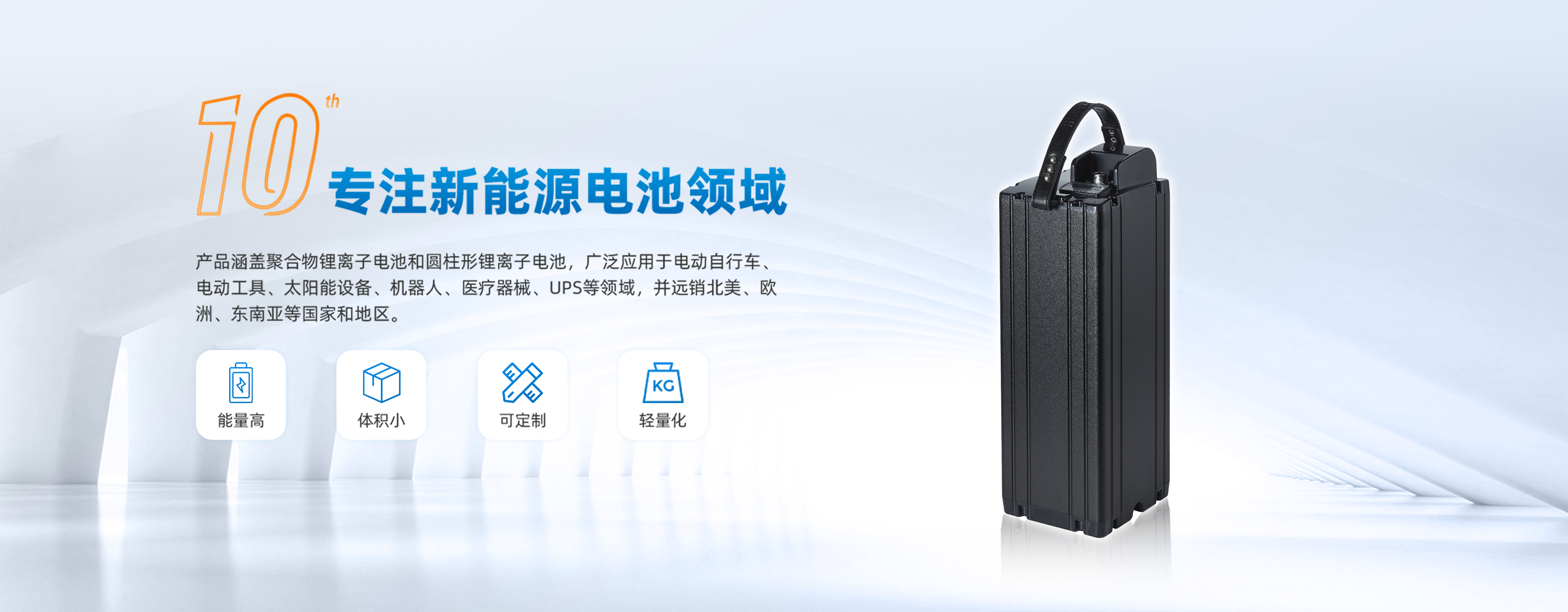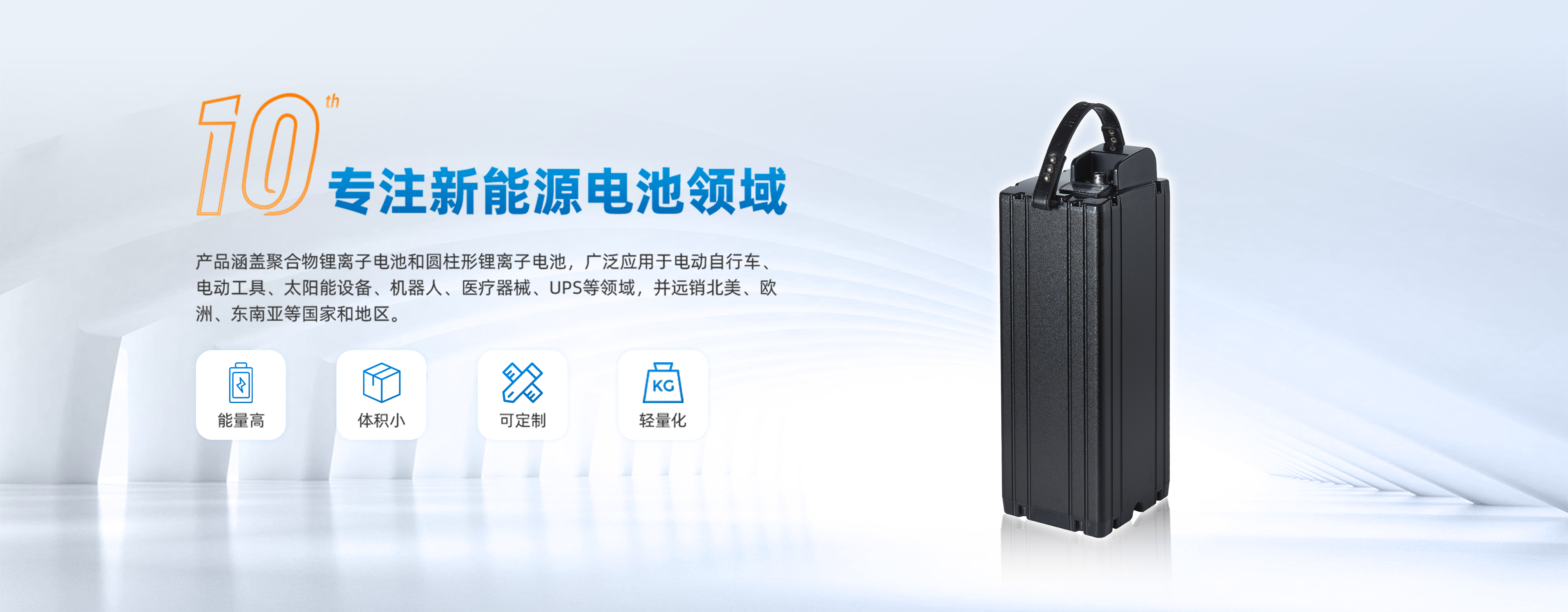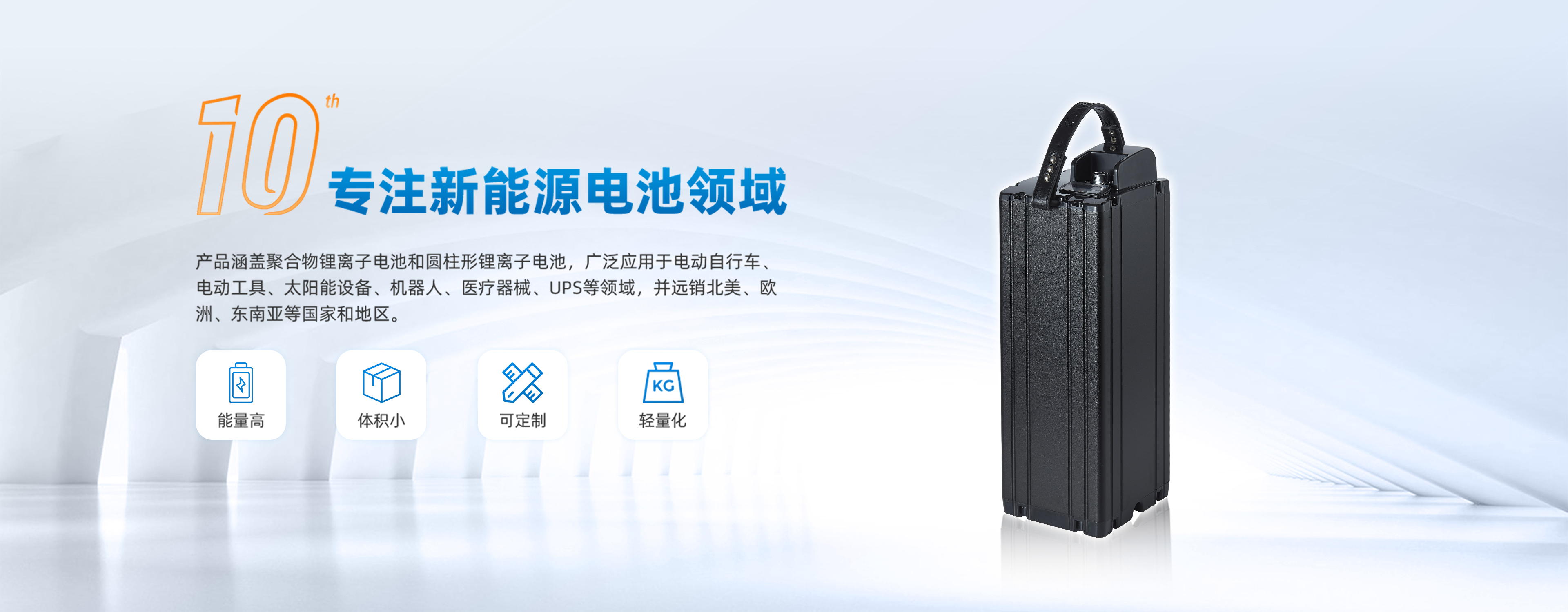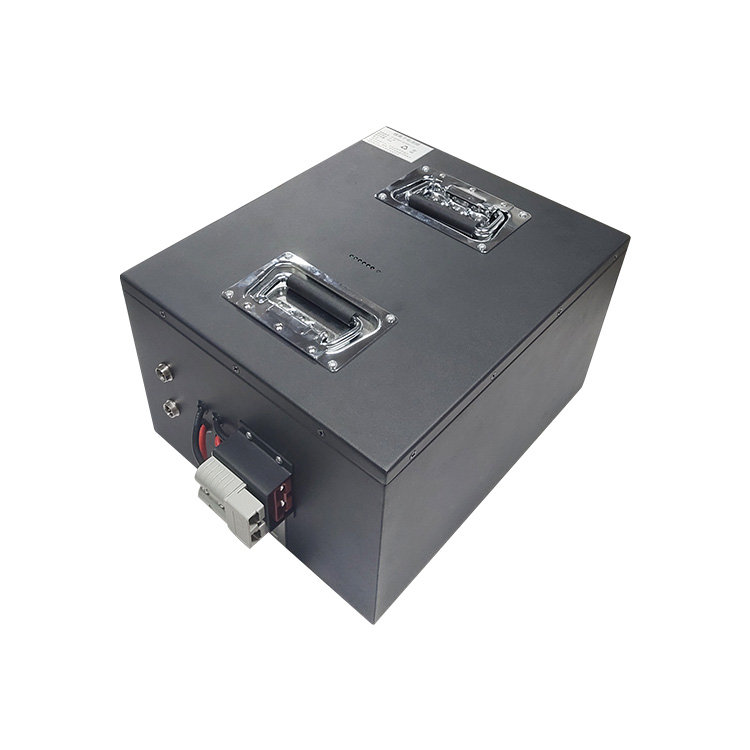Safety Test Standards for Common Lithium Ion Batteries
As the main power source widely used in mobile devices, electric vehicles, energy storage and other fields, the safety of lithium ion batteries has become the focus of people's attention. In order to ensure the safety and reliability of lithium ion batteries, countries and industries have formulated a series of safety testing standards. The following is an introduction to common safety testing standards for lithium ion batteries.
1. UL 1642
- the UL 1642 standard is formulated by the US safety laboratory (Underwriters Laboratories) and is mainly used to evaluate the safety of lithium batteries. This standard includes the physical, electrical, thermal and other testing requirements of the battery, aiming at ensuring the safety performance of the battery under normal and abnormal conditions.
2. IEC 62133
- IEC 62133 is a lithium battery safety standard issued by the International Electrotechnical Commission (International Electrotechnical Commission), which is suitable for portable electronic equipment and lithium ion batteries for industrial use. This standard includes the test requirements on the electrical performance, mechanical performance, thermal performance and other aspects of the battery.
3. UN 38.3
- UN 38.3 is one of the UN regulations on the transportation of dangerous goods, which is applicable to the transportation and storage of lithium ion batteries. This standard includes the test requirements on the electrical performance, thermal performance, mechanical performance and other aspects of the battery to ensure the safety of the battery during transportation.
4. GB/T 31485
- GB/T 31485 is the safety standard of lithium ion batteries issued by China National Standardization Management Committee, which is applicable to the safety assessment of various on-board lithium ion batteries. This standard includes the test requirements of battery appearance inspection, charge and discharge performance, thermal stability, etc.
5. GB/T 18287
- GB/T 18287 is Portable released by China National Standardization Management Committee lithium ion battery safety Standard, applicable to batteries of portable devices such as mobile phones and laptops. This standard includes the requirements of battery appearance inspection, charge and discharge performance, short circuit test, etc.
6. ISO 26262
- ISO 26262 is a functional safety standard issued by the International Organization for Standardization, which is applicable to the safety assessment of automotive electronic systems. For on-board lithium ion batteries, ISO 26262 requires a comprehensive evaluation of the safety performance of the batteries to ensure the safety during vehicle use.
7. JIS C 8714
- JIS C 8714 is the Japanese Industrial Standard,It is suitable for performance evaluation and safety testing of lithium ion batteries. This standard includes the charging and discharging performance, temperature characteristics, short circuit test and other requirements of the battery.
As the main power source of modern electronic equipment and vehicles, the safety assessment and detection of lithium ion batteries are very important. The common safety testing standards of lithium ion batteries introduced above are the important basis for ensuring the safety and reliability of batteries. Various industries and countries can select suitable standards for testing and evaluation according to different application fields, to ensure the safe use of lithium ion batteries.
 Dongguan Juneng New Energy Technology Co., Ltd.
Dongguan Juneng New Energy Technology Co., Ltd.
 137 5142 6524(Miss Gao)
137 5142 6524(Miss Gao)
 susiegao@power-ing.com
susiegao@power-ing.com
 Xinghuiyuan High tech Industrial Park, Dalang Town, Dongguan City, Guangdong Province
Xinghuiyuan High tech Industrial Park, Dalang Town, Dongguan City, Guangdong Province













 Yue Gong Wang An Bei No. 4419002007491
Yue Gong Wang An Bei No. 4419002007491